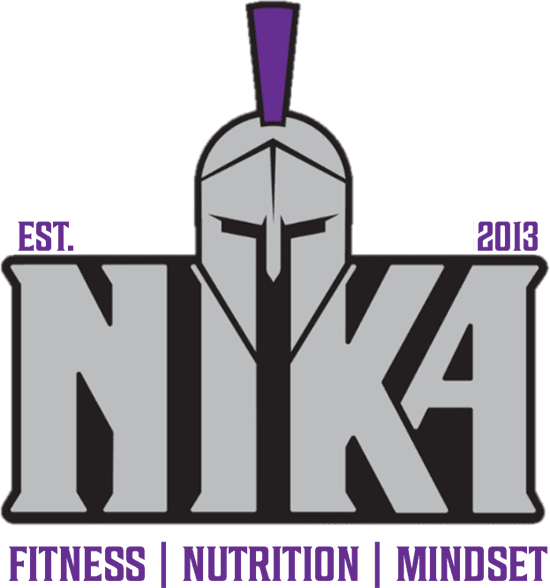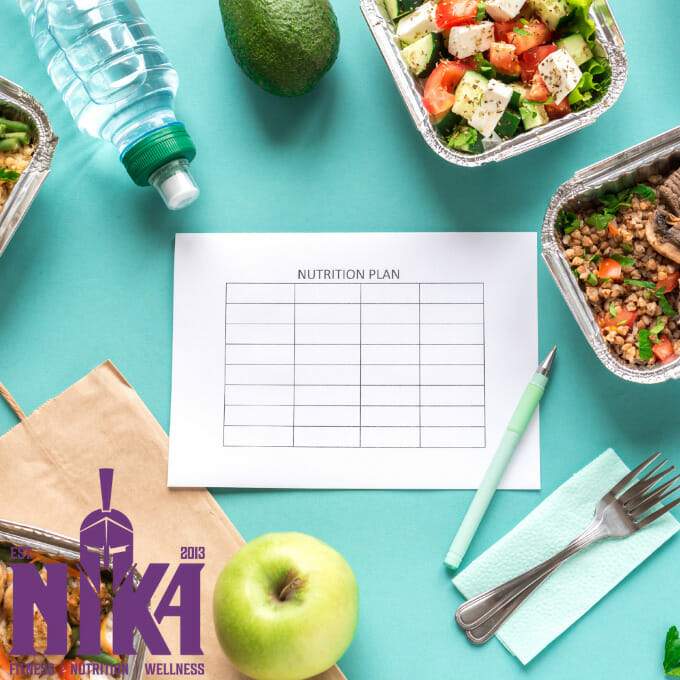Last week we started discussing realistic expectations toward losing fat and/or gaining muscle. Let’s look at some factors that can affect those expectations.
One thing to identify is that fat loss is rarely linear. Just like your day-to-day weight, your fat loss can fluctuate from day-to-day. Always keep your focus on the long term movement of the scale, not the micro changes that happened between yesterday and today.
Fat loss is also very likely (and easy) to happen when someone is first starting toward that goal, and when they have more fat to lose. Which can set unrealistic expectations long term. So, expect your rate of fat loss to decline as you get further into your journey. This is normal.
Muscle gain has a similar trajectory. Over the course of a lifting career, men have the potential to gain about 40 to 50 pounds of muscle, and women have the potential to gain about 20 to 25 pounds of muscle. The realistic rates of muscle gains in the previous post, was aimed at men and women under the age of 30, as that’s when it’s easiest to achieve. Muscle gains slow as you age, but is still possible.
What can make fat loss easier and harder?
| Factor | What makes fat loss easier | What makes fat loss harder |
|---|---|---|
| Age | Being older | Being younger |
| Sex | Being female | Being male |
| Current Body Size | Being smaller | Being heavier |
| Current Body Composition | Being relatively lean | Having more body fat |
| Current Activity Level | Little to no activity | High levels of activity |
| Current Activity Type | Doing excessive cardio without other types of activity | Having a well-rounded exercise regimen |
| Consistency | Being inconsistent | Being consistent (>80%) |
| Recovery | Sleeping less than 7 hours most nights | Sleeping at least 7-8 hours most nights |
| Stress | Excessive stress or perception of excessive stress | Appropriate stress levels or perception of appropriate stress |
| Hormones | Leptin-resistance / low leptin Insulin-resistance | Hormones in healthy ranges |
| Medication | Birth control Corticosteroids Antidepressants | Xenical / Alli Belviq Qsymia Contrave Saxenda PEDs |
| Health Status | Menopause Hypothyroidism PCOS Cushing’s syndrome Depression | Clean bill of health |
And on the other side of that, what makes muscle gain easier or harder?
| Factor | What makes muscle gain harder | What makes muscle gain easier |
|---|---|---|
| Age | Being older (>40) | Being younger (<30) |
| Sex | Being female | Being male |
| Current Body Size | Having a small frame / bone structure | Having a large frame / bone structure |
| Current Body Composition | Having more body fat | Being relatively lean |
| Current Activity Level | Little to no activity | Moderate levels of activity |
| Current Activity Type | Inadequate resistance training / excessive cardio | Resistance training |
| Consistency | Being inconsistent | Being consistent (>80%) |
| Recovery | Sleeping less than 7 hours most nights | Sleeping at least 7-8 hours most nights |
| Stress | Excessive stress or perception of excessive stress | Appropriate stress levels or perception of appropriate stress |
| Hormones | High cortisol | Hormones in healthy ranges |
| Medication | Thyroid drugs ADHD drugs Acne medication | PEDs |
| Health Status | IBD Gastroparesis Hyperthyroidism Depression | Clean bill of health |
These are by no means exhaustive lists, but are good examples of how additional factors can impact an individual’s rate of progress. You also need to take into account for what else is happening in an individual’s life. Busier seasons can affect rates of progress, whether it’s a change in profession, holidays, vacations, family health issues. Every issue cannot be foreseen, but we can plan for what we know.
If you’re ready for a change in your life, whether it’s to lose fat or gain muscle, or just be healthier, we have the tools to help you succeed.
Schedule your free consultation now to get started: https://kilo.gymleadmachine.com/widget/bookings/nikaathletics/free-intro

